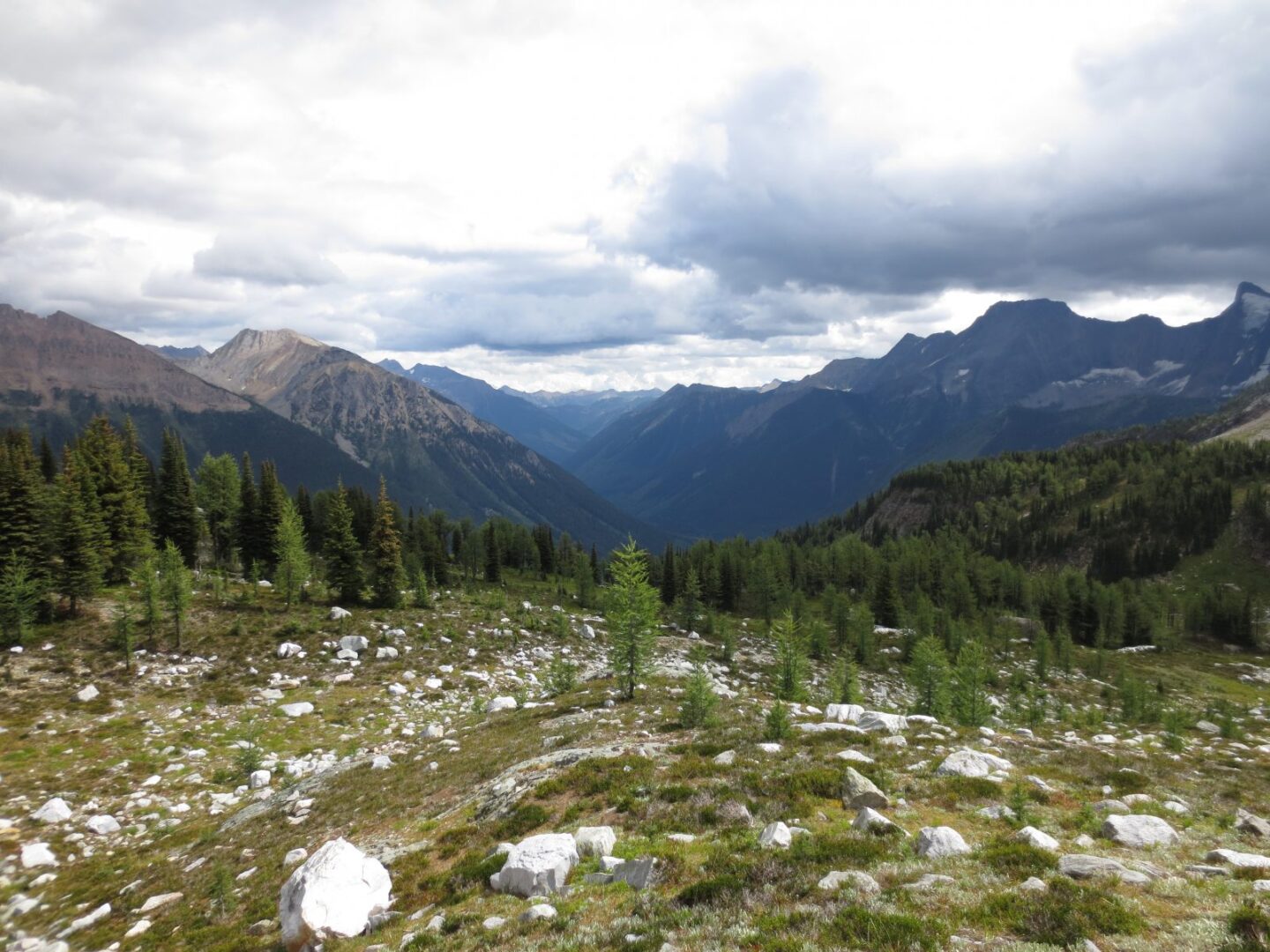Around the world, citizens, law-makers, and civil society groups increasingly recognize the connection between environmental quality and human rights. Given that our very lives depend on access to water, air, and soil free of harmful chemicals, a healthy environment is among the most basic human rights.
Recognizing this fundamental connection to human rights, Ecojustice lawyers have long held that sections 7 and 15 of the Canadian Charter – our rights to life, liberty, and security of the person and our right to equality, respectively – apply in the context of government permitting and other decisions that pose serious risks to health. Equality rights are particularly relevant when we look at the disproportionate burden of environmental hazards borne by low income populations, Indigenous communities, and other vulnerable social groups in this country.
Sometimes environmental degradation can have implications for other fundamental human rights, such as the right to practice the religion of our choosing. If you haven’t thought about this connection before, don’t worry – you’re not alone. In a potentially precedent-setting appeal to be heard by the Supreme Court of Canada this winter, this connection is directly at issue. An area known by the Ktunaxa Nation in British Columbia as Qat’muk, home of the Grizzly Bear Spirit, is essential to the spiritual beliefs and practices of the Ktunaxa people. Yet the proposed Jumbo Glacier ski resort would physically alter the landscape of the area, rendering many of the Ktunaxa’s beliefs and ceremonies meaningless.
That’s why we will be working with Amnesty International Canada — interveners in the Ktunaxa Nation’s case — to present valuable insight to ensure Indigenous spiritual beliefs tied to sacred sites are respected and accorded the same level of protection from state interference as other western religious beliefs.
Background regarding the Jumbo Glacier ski resort
The Jumbo Valley, located deep in the wilds of British Columbia’s Purcell Mountains, has long been revered for its spiritual significance and beauty. Since the early 1990s, Glacier Resorts Ltd. has insisted on developing a ski resort despite the opposition of local First Nations and community groups. The resort would be located in the middle of a crucial international wildlife corridor. The Jumbo Valley is one of only two remaining areas in North America where bears can freely roam between Canada and the United States. Permanent development of the valley would likely lead to reduced grizzly populations locally, regionally and even continentally.
Rather than acting as a regulator of the project, the B.C. government has often acted as one of the project’s boosters. It even created a “municipality” for the resort – despite the lack of any residents – which provided the province an end run around the Regional District which had shown opposition to the project.
Opponents of the project received promising news last year when the Minister of Environment determined that the resort had not be “substantially started”, resulting in the expiry of a key environmental approval. Ecojustice lawyers represented Wildsight and the Jumbo Creek Conservation Society in the administrative proceedings leading to the decision.
Environmental rights are human rights
The Ktunaxa Nation v. B.C. case will be the first opportunity for the Supreme Court of Canada to interpret the Canadian Charter of Rights and Freedoms in the environmental context. Over the next few months, we’ll be working with Amnesty International Canada to draw the Court’s attention to decisions from domestic and international courts around the world that have recognized the human rights implications of environmental decision-making, specifically with respect to the need for governments to protect Indigenous place-based spiritual traditions.
Across the country, Canadians and our elected representatives are increasingly seeing the importance of recognizing the rights of Indigenous peoples and achieving the objective of true reconciliation. We believe that ensuring section 2(a) of the Charter in a way that provides Indigenous peoples equal religious citizenship is fundamentally important to properly recognizing Indigenous rights in this country advancing the cause of genuine reconciliation, which will benefit all Canadians.

